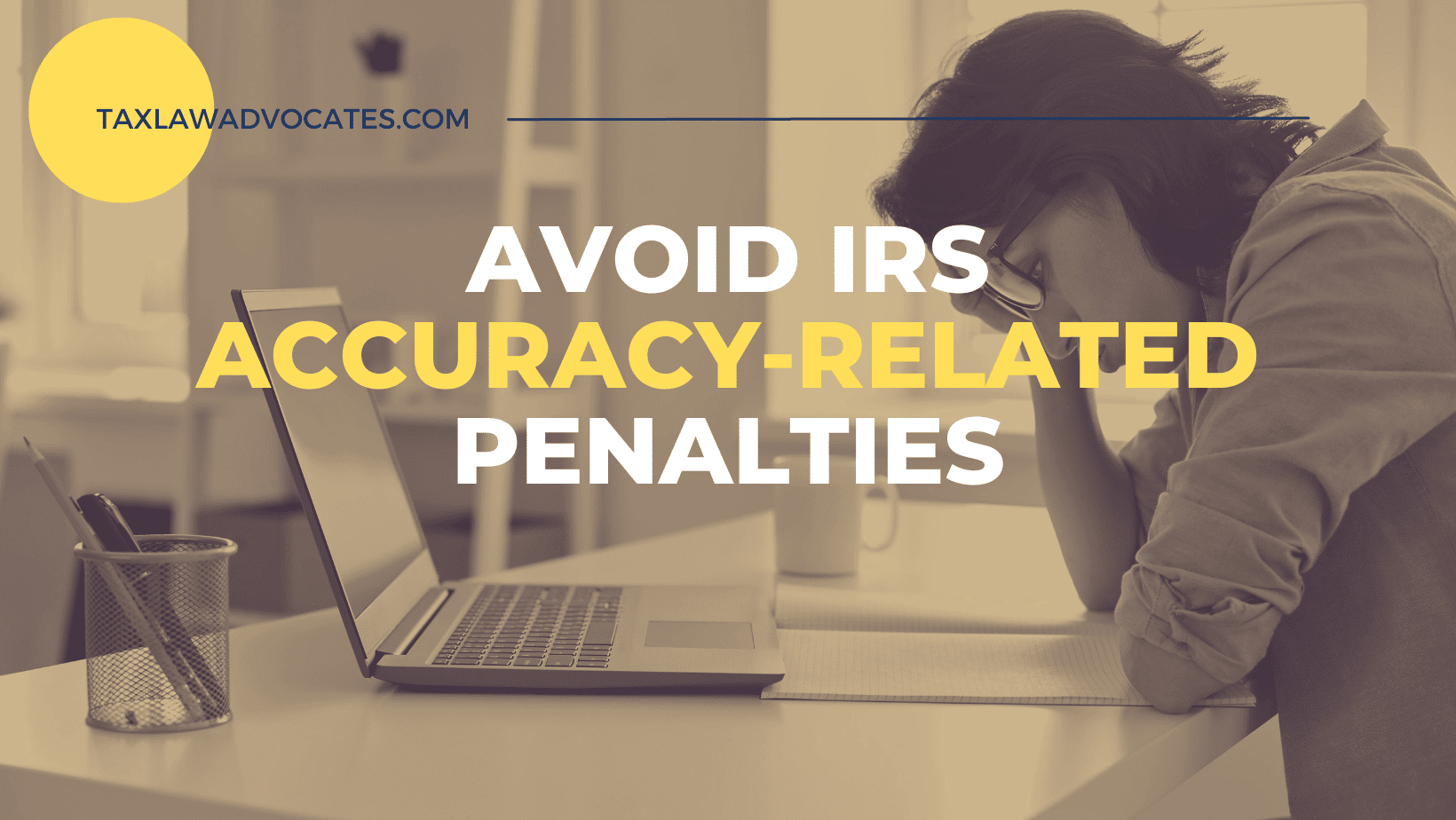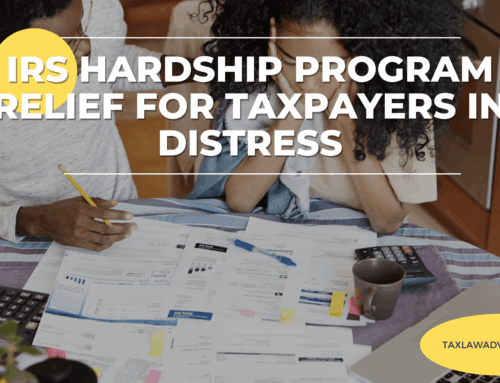Being audited by the IRS is an unpleasant experience for anyone. But if the IRS finds mistakes in your tax return, you could be subject to accuracy-related penalties, which can add up quickly. Luckily, there are some steps you can take to avoid these costly penalties and ensure that your taxes are accurate and complete. Let’s look at what accuracy-related penalties entail and how you can keep yourself from being penalized by the IRS.
What Are the Different Types of Accuracy-Related Penalties?
There are three types of accuracy-related penalties:
- negligence or disregard of rules or regulations
- substantial understatement of income tax
- substantial valuation misstatements
Negligence or disregard of rules or regulations includes failing to report income, claiming false deductions or credits, neglecting to keep adequate records, and making errors in math calculations on returns.
Substantial understatement of income tax occurs when the taxpayer understates their taxes by 10 percent more than the amount due; this penalty may also be assessed if a taxpayer fails to disclose a position taken on a return that is not substantially similar to another position taken on a return.
Finally, a substantial valuation misstatement penalty applies when taxpayers overvalue property for federal income tax purposes in excess of 200 percent of its actual value.
Tips for Avoiding Accuracy-Related Penalties
The best way to avoid accuracy-related penalties is by filing accurate returns with all necessary information included. Make sure you double check all math calculations before filing your taxes so that there are no errors that could lead to an audit from the IRS.
Additionally, it’s important to keep detailed documentation regarding any deductions or credits you claim on your tax return—this will help prove your case if you’re ever questioned about these items by the IRS. Finally, make sure to hire an experienced accountant who knows what they’re doing so that they can make sure your taxes are filed correctly and accurately each year.
Careful Tax Preparation
Accuracy-related penalties have become increasingly common in recent years as the IRS has become more vigilant about ensuring taxpayers file accurate returns with all necessary information included. However, with careful preparation and attention to detail, it’s possible for taxpayers to avoid these costly penalties altogether. By double checking math calculations before filing taxes and keeping detailed records of any deductions or credits claimed on a tax return, taxpayers can help ensure their returns are accurate—and avoid potential audits down the road.
If you find yourself owing $10,000 or more to the IRS, contact us immediately. The sooner you act, the more likely you are to be able to reduce your tax burden.






